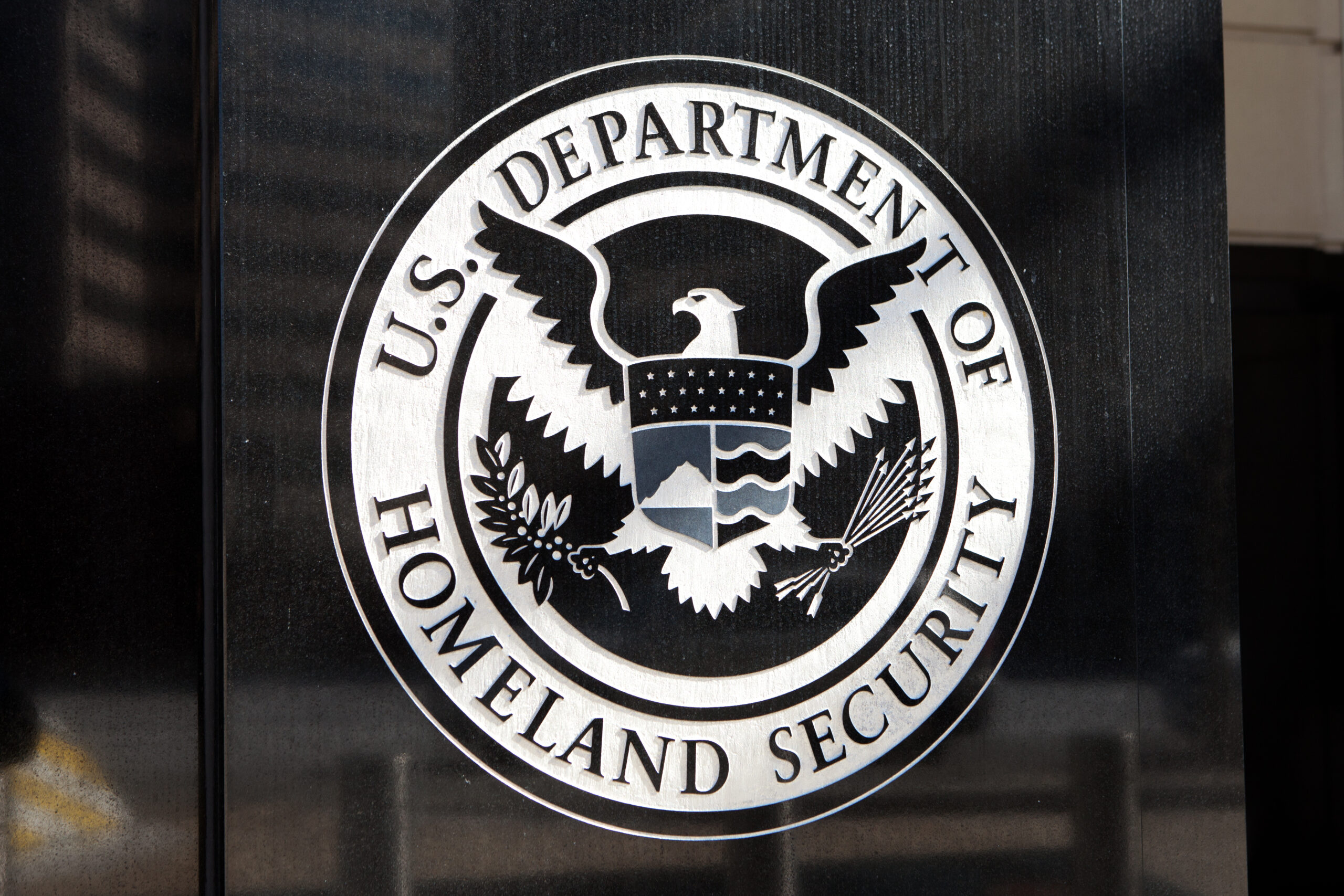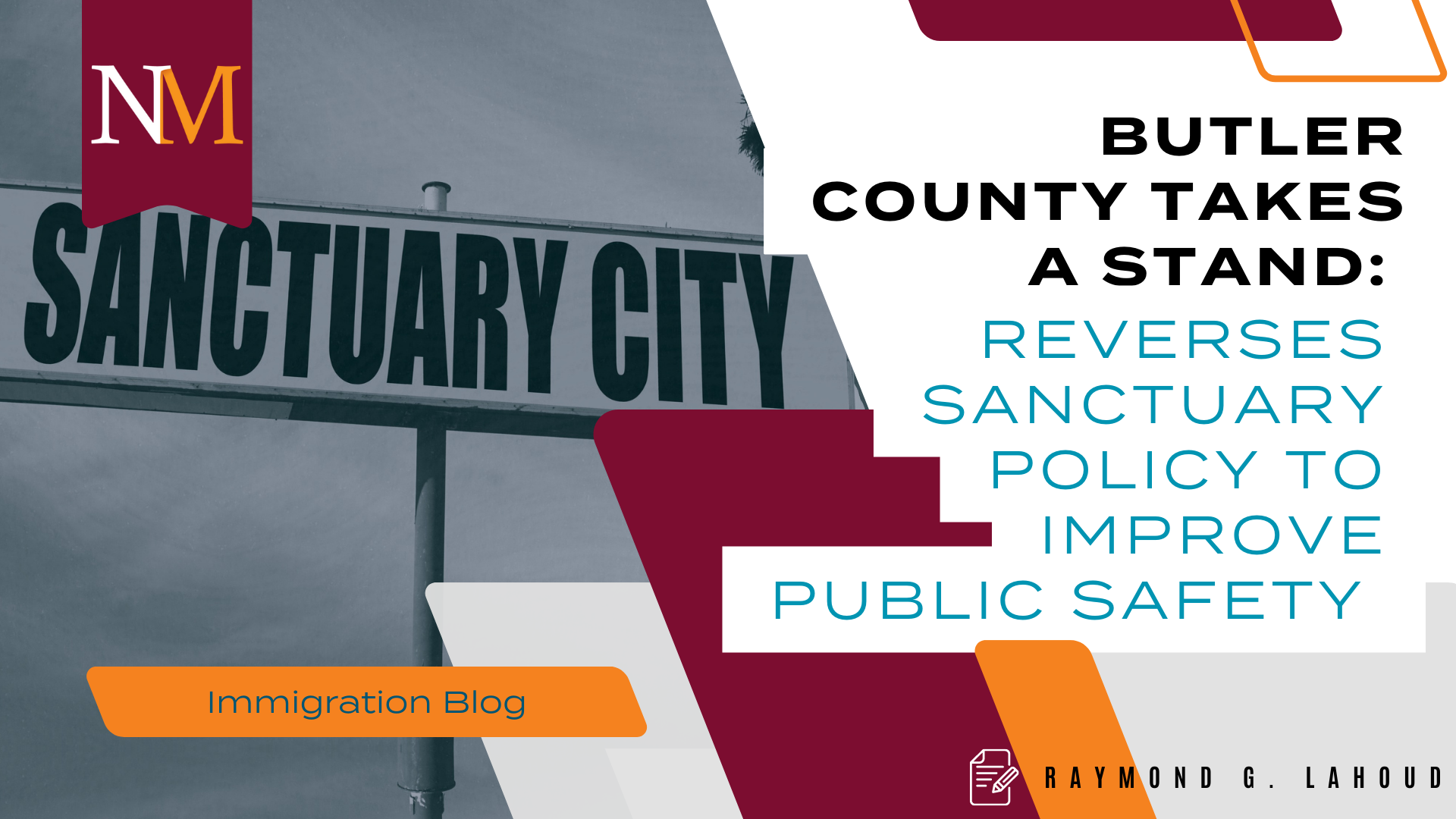DHS and States Sign SAFE Agreement That Could Obstruct Biden’s Upcoming Immigration Policies

The Department of Homeland Security (DHS) has signed agreements with many states that will pose a threat to the Biden administration’s goals. The DHS has signed the Sanctuary for Americans First Enactment Agreement (SAFE) with Arizona, Louisiana, Indiana, and the Rockingham County Sheriff’s Office in North Carolina. This SAFE agreement could seriously hamstring the administration’s goals of pausing deportations, prioritizing immigration arrests to immigrants with serious criminal backgrounds, and increasing avenues to asylum.
The Sanctuary for Americans First Enactment Agreement
Under the SAFE agreements, the DHS would give notice of immigration policy changes and the states would have six months to review them and submit comments. Only after this review can the DHS move forward with the proposed changes. The DHS would require the states to sign agreements confirming that the DHS provided the required notice.
“DHS recognizes that Agency, like other state agencies and municipalities, is directly and concretely affected by changes to DHS rules and policies that have the effect of easing, relaxing, or limiting immigration enforcement,” notes the agreement with Arizona. “Such changes can negatively impact Agency’s law enforcement needs and budgets, as well as its other important health, safety, and pecuniary interests of the State of Arizona.”
The agreement states that the DHS will “prioritize the protection of the United States” by enforcing immigration laws in a way that prioritizes detention and results in arrests of “removable aliens.” Further, the DHS will provide “an opportunity to consult and comment on the proposed action, before taking any such action listed above.” The agreement provides injunctive relief whereby if either of the parties refuses to comply with the agreement, the State can request termination of the agreement with 180 days of notice.
Reactions to the SAFE Agreement
Sarah Pierce, a policy analyst at the Migration Policy Institute, told BuzzFeed News “In its final days, the Trump administration is staying true to its strategy of trying anything and everything to implement its restrictive immigration agenda and give it staying power after their time in office.”
Lt. Kevin Suthard, a spokesperson for the Rockingham County Sheriff’s Office signed the agreement last year. “It’s not political, it’s about public safety. Doing all that we can to keep the residents of Rockingham County that we serve safe,” he said in an email to BuzzFeed News. “That it is always our number one priority.”
Immigration Law Professor of Santa Clara University School of Law, Pratheepan Gulasekaram, said the agreement is a mechanism for the states to potentially sue the administration over the changing policies in federal court. “This is just another last-ditch effort to try and ingrain a reckless hyper enforcement system, but completely unmoored from legal, constitutional ways of implementing policy,” he said.
Senior advocate and policy counsel for the American Civil Liberties Union, Naureen Shah, called the agreements “a transparent attempt by Trump officials to tie the Biden-Harris administration’s hands and preserve Trump’s grotesque immigration enforcement policy.”
Acting DHS Secretary Chad Wolf, who resigned in the last week of December, said that “Unfortunately, this action is warranted by recent events, including the ongoing and meritless court rulings regarding the validity of my authority as Acting Secretary.” Many policies that Wolf issued while in office were challenged in court, as attorneys argued the legality of his appointment to his role. In many cases, the federal judges noted that Wolf was not lawfully appointed, thereby blocking the DHS policies for that reason.
It remains unsure what effects these agreements will have once the Biden administration starts rolling out its immigration reforms.
To learn more about this blog post or if you have any other immigration concerns, please feel free to contact me at rglahoud@norris-law.com or (484) 544-0022.




